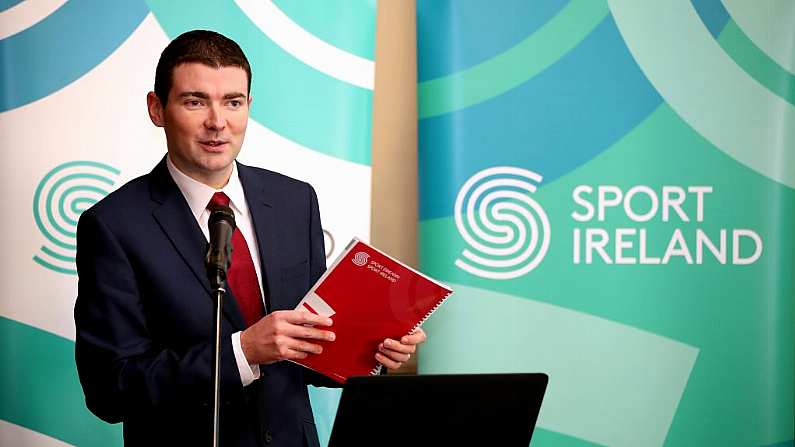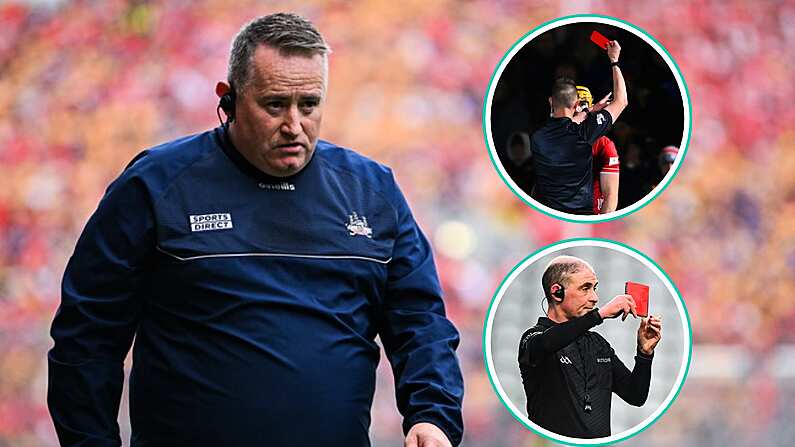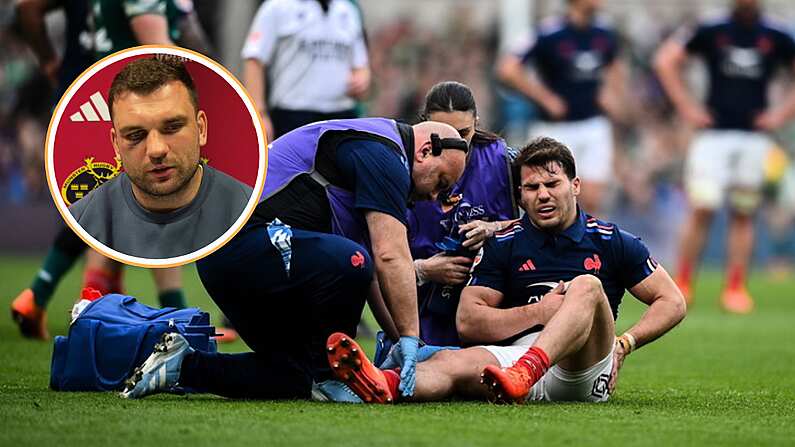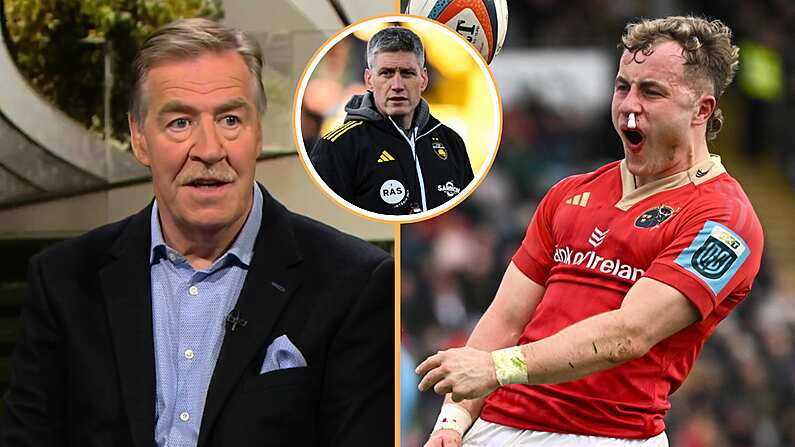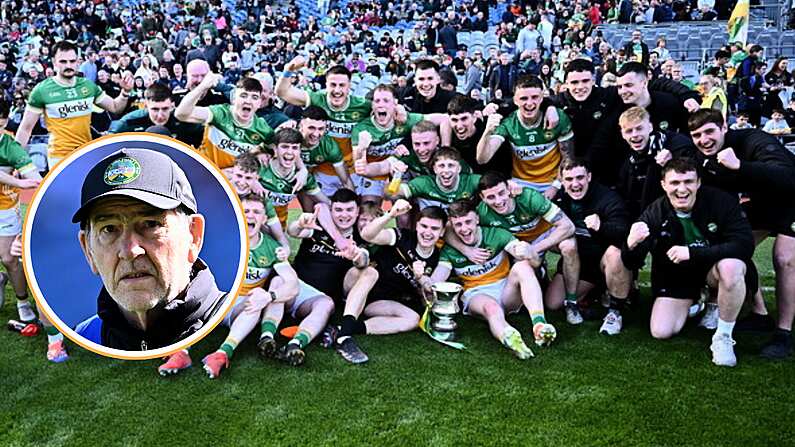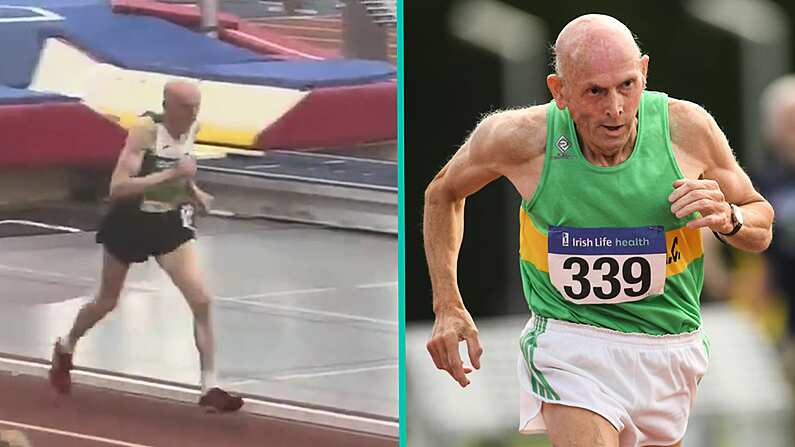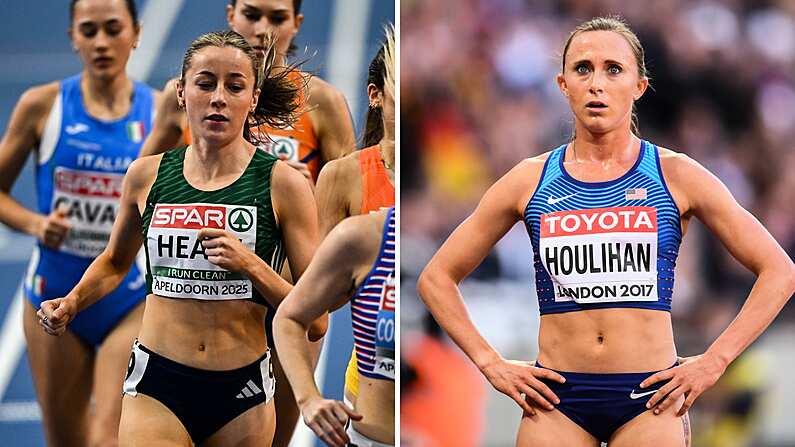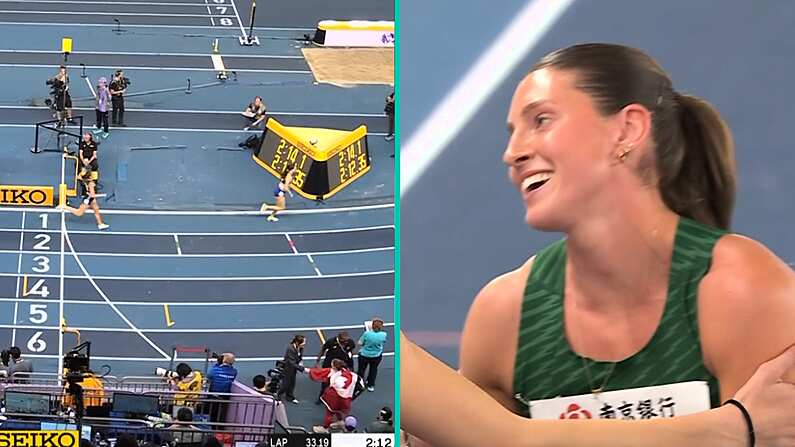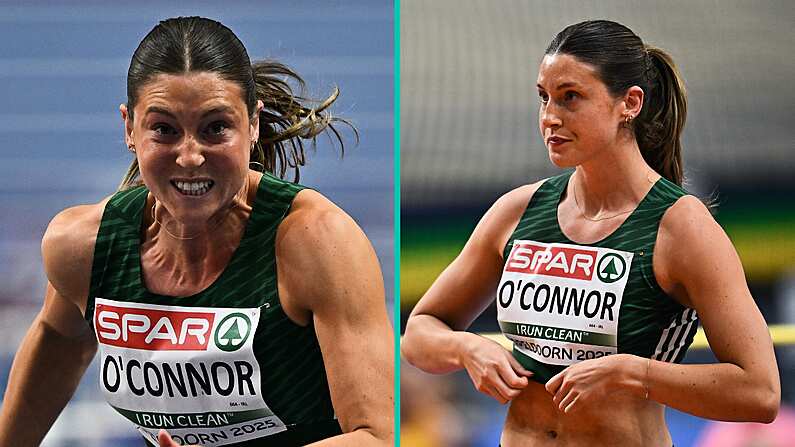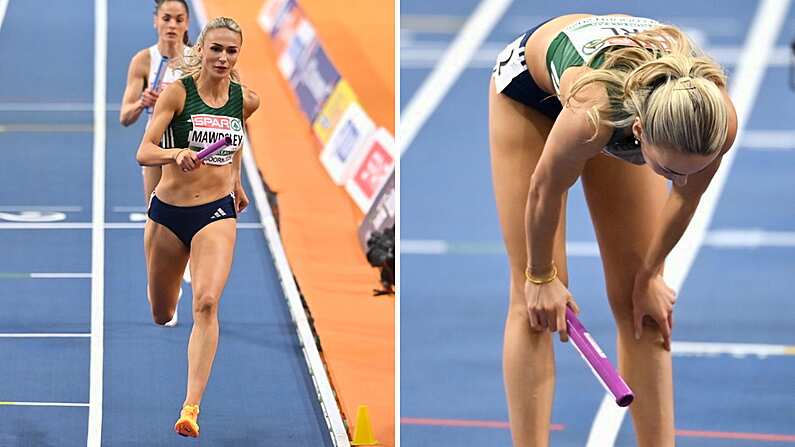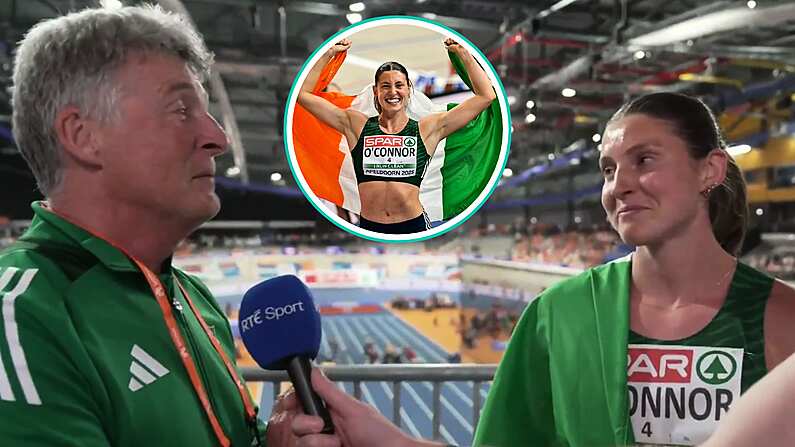Sport Ireland today launched the Sports Monitor report for 2017 - their biennial survey of sports participation in Ireland. The topline statistic is that 43% of the Irish population (1.6 million people) regularly participate in sport, which is slightly down from 43.1% two years ago. This was presented as a success, given that an increase in employment means people have less free time to dedicate to sport.
There is no change in the country's most popular sports - personal exercise is top, followed by swimming, running, cycling, and soccer. Once again, the people's game (rugby) doesn't feature in the top 12.
There is some other good news: 86% of people feel that there are more opportunities to participate in sport now than there was a decade ago, and the gender gap in sports participation is down to 4.5%, having been as large as 16% a decade ago.
Dig into the hundred-page report, however, and a more worrying trend emerges. It's an economic issue: the richer you are, the more likely you are to participate in sport.
The report says it thusly:
Those living in lower-income households (under €2,000 per month) are less likely than those in higher income households (€2,000 or greater per month) to consider that there are more opportunities to participate in sport than there were ten years ago. While there is still a large majority of those in lower-income households suggesting that there are less likely to be experiencing increased opportunity.
Here are the figures backing it up.
82% of those earning less than €2,000 say they feel they have more opportunities compared to ten years ago, as opposed to 89% of those earning above €2,000. In fact, 6% of those in the lower-income brackets feel there are fewer opportunities to take part in sport, twice as many as those saying the same in the higher-income group.
The very next page of the report carries details on how the public want to see money spent. 87% believe it would be better spent on general participation among the people, as opposed to 10% who would like to see it diverted to professional and high-performance sport. Further to this, the majority (55%) believe money is best spent on facilities, as opposed to being splurged on initiatives.
Intersecting with the latter desire for facilities and the former disparity in terms of income is the Sports Capital Programme, the government's way of allocating grants to sports clubs across the country for the development of facilities.
It attracted enormous criticism in March when it emerged that fee-paying Wesley College earned a maximum grant of €150,000 to resurface their hockey pitch. This drew attention on the grants process as a whole, with John Considine once again raising his research that shows that grant money usually flowed freest in the constituency the incumbent sports minister happened to call home.
What also emerged is the fact that grants are often not distributed evenly. Whereas Wesley got the money to resurface their hockey pitch, Paul Rouse spoke on Newstalk of an area in Dublin's south inner city which is home to around 50,000 people and which has no playing field.
The process of applying for a grant is onerous: it's a 13-page application - and was once longer before being somewhat streamlined by Shane Ross' office - and it has generally favoured the clubs and organisations that can call upon a wider range of expertise, who have the professional chops to fill out the form correctly.
Brendan Griffin, Minister of State for Tourism and Sport, spoke to Balls at the launch of the report this afternoon, and denied that the socioeconomic gap in sports opportunities is evidenced of a failing grants system.
The Sports Capital Programme is available to local authorities. So local authorities represent all sorts of communities and work with various organisations, so it’s not a case of people not having a voice. Everyone has a local authority.
I would like to see them getting involved more.
There is already a very strong weighting in the sports capital programme benefitting people from underprivileged backgrounds so on the Public Deprivation Index, if you’re from a disadvantaged background or a moderately disadvantaged background, you get extra points over those who are considered not disadvantaged.
That’s something that’s already built in. The allocation and the score is reflected in that.
As for the issue of invalid applications and people not getting through the process, I want to see as a thing of the past. I’ve raised this, and I hoped in the 2017 programme - which was drawn up before I became minster - that there would be this built-in second chance.
That will be in the new programme, I insist on that. So there will never again be the problem that applications are invalid because of minor, little infractions and not hving the second chance to address that. That will be helpful to all applicants.
We haven’t seen a major rate of invalidation from people who are from underprivileged communities and also some of the very best and high-scoring applications have been put together by those who put together the applications themselves without outside help, and are from disadvantaged areas.
So I don’t think there is a strong correlation there in terms of the sports capital programme.
Elsewhere, Minister Griffin confirmed that a government policy on sport in Ireland mapping out the next ten years, is still "weeks" away from publication. The minister told Balls that he had hoped to have the long-awaited report published by now, and expects to have it published by the Dáil's summer recess in July.
The Minister also refused to confirm whether that sports policy will press ahead with the gender quota idea floated by his predecessor Patrick O'Donovan Speaking on Morning Ireland in December 2016, then-minister O'Donovan proposed a policy whereby sports bodies in Ireland would face a cut in funding if they failed to ensure at least 30% female representation on their respective boards.
60% of the respondents to the Sport Ireland Monitor report are in favour of such a quota.

